
Prescription lenses for your glasses are the best possible choice for you, if you are experiencing vision problems. You may opt for a pair of lenses from numerous available variants, matching your lifestyle, your needs and preferences.
Types of Prescription Lenses
Firstly, you may choose single vision lenses. These provide the same level of magnification or vision correction throughout the surface of the lens. Thereby, these are the best possible choice when it comes to correction for distance vision, or reading problems, or, perhaps, both.
Yet, if you need assistance of glasses only for reading purposes and you are not suffering from astigmatism, you may choose non-prescription lenses. These too will be single vision ones.
Secondly, you may opt for multifocal lenses, which is a category joining bifocal, trifocal and progressive lenses. These are excellent for people who do not wish to have to swap between two or three different pairs of glasses, only to be capable of reading or seeing the distance clearly. Multifocal lenses provide you a single pair of lenses, divided into multiple areas which are used for different activities. Thus, a part of a multifocal lens can be reserved for reading while other part of it may be used for looking into distance. These lenses may be divided into up to three areas.
Progressive Lenses
The third type of multifocal lenses, progressive ones are specific due to their features, providing multiple vision correction areas, without visible lines. Also, these lenses enable a smooth transition between different vision modes, avoiding the discomfort which regular bifocal or trifocal lenses may cause.
Nevertheless, it may take time for one to get used to these lenses. Also, progressive lenses are quite expensive, being reserved only for those who can afford them. However, one of the greatest disadvantages of these lenses is the blind area located somewhere in the middle of each lens. Namely, once you look through this small area, your vision gets distorted. In some cases, these lenses may need to be shortened in order to fit the frame. Unfortunately, then, greater sections of reading or distance vision areas may get decreased too limiting the performance of these glasses.
Progressive lenses will demand you to change your way of observing objects around you, moving your entire head instead of moving your eyes. Usually, this adaptation period will last for a month, during which you may suffer from dizziness and headaches.
Thus, dizziness may occur during your accommodation period. Nevertheless, you are best to consult with your doctor once this fit starts bothering you and seek adequate advice.







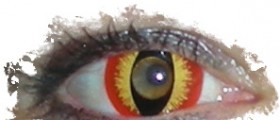



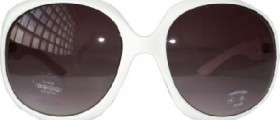
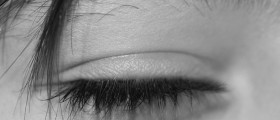
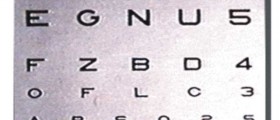
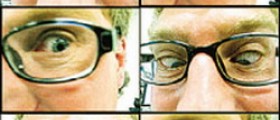


Your thoughts on this
Loading...